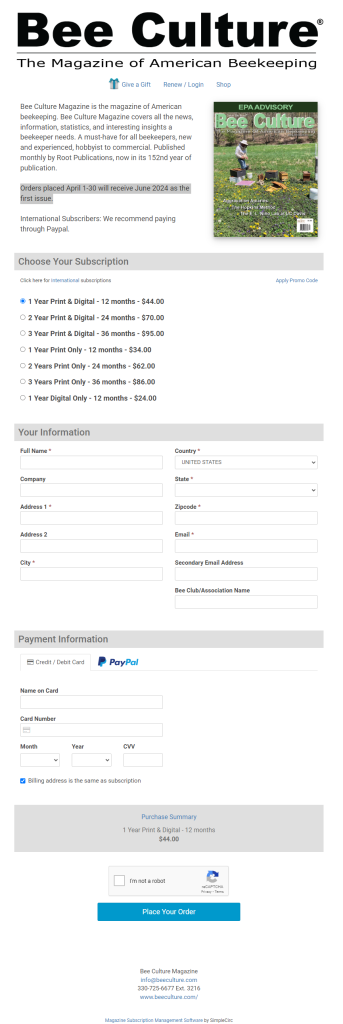FOREIGN TRADE AGREEMENT Fund to help Beekeepers in Thailand (Through the looking glass from supplier to buyer)
Petchanet Pratruangkri From: The Nation
The Free Trade Agreement Fund has recently approved a budget to help honey farmers cope with tougher competition under trade liberalization with many countries, mainly China, Japan, New Zealand, Australia and Asian states.
Some pacts have already cut the duty on imported honey to zero and some others will do so next year. The low duty and different quality have caused Thai honey to get a bad reputation, as some traders have mixed Thai honey with that of other countries, a senior Commerce Ministry official said yesterday.
Thailand has been accused of being a honey-laundering country. Some unscrupulous traders import low-quality honey from other countries at a lower price under an FTA, and then re-export it to overseas markets, mainly Europe and the United States.
However, Thai honey is actually 100 per cent virgin. Assistant Professor Pichai Kongpitak, a plant pathology lecturer at Chiang Mai University and a project manager under the FTA Fund, said honey farmers who would get support from the fund were mainly in the North, including Chiang Mai, Lamphun, Lampang, Nan, Phayao, Uttaradit, Sukhothai and Phitsanulok.
The grants will help honeybee breeders develop non-chemical-intensive procedures and also incorporate traceability in order to control the quality of honey and hive products.The project will also help develop by-products, such as lotions, shower creams, supplements and other cosmetics, as well as develop packaging and a marketing strategy.
To protect Thai honey’s image, the project will also create a trademark to guarantee that honey is 100 per cent pure. The certification will help increase confidence and overseas demand for Thai honey. The 1,588 registered honey farms in the country with 206,412 hives can produce 10,000 tonnes of honey per year, 200 tonnes of royal jelly and 100 tonnes of bee pollen.
Major markets abroad for Thai honey are Germany, the US, Saudi Arabia, China, Belgium, France, Indonesia and Malaysia.
China is the world’s largest honey supplier, followed by Argentina and Mexico. They control 60 per cent of the world market.
Although Thailand is a small supplier, its honey is in high demand, particularly in the US, Germany and Japan, for its good quality and taste. Thai honey comes from a variety of trees such as longan, lychee and orange.








